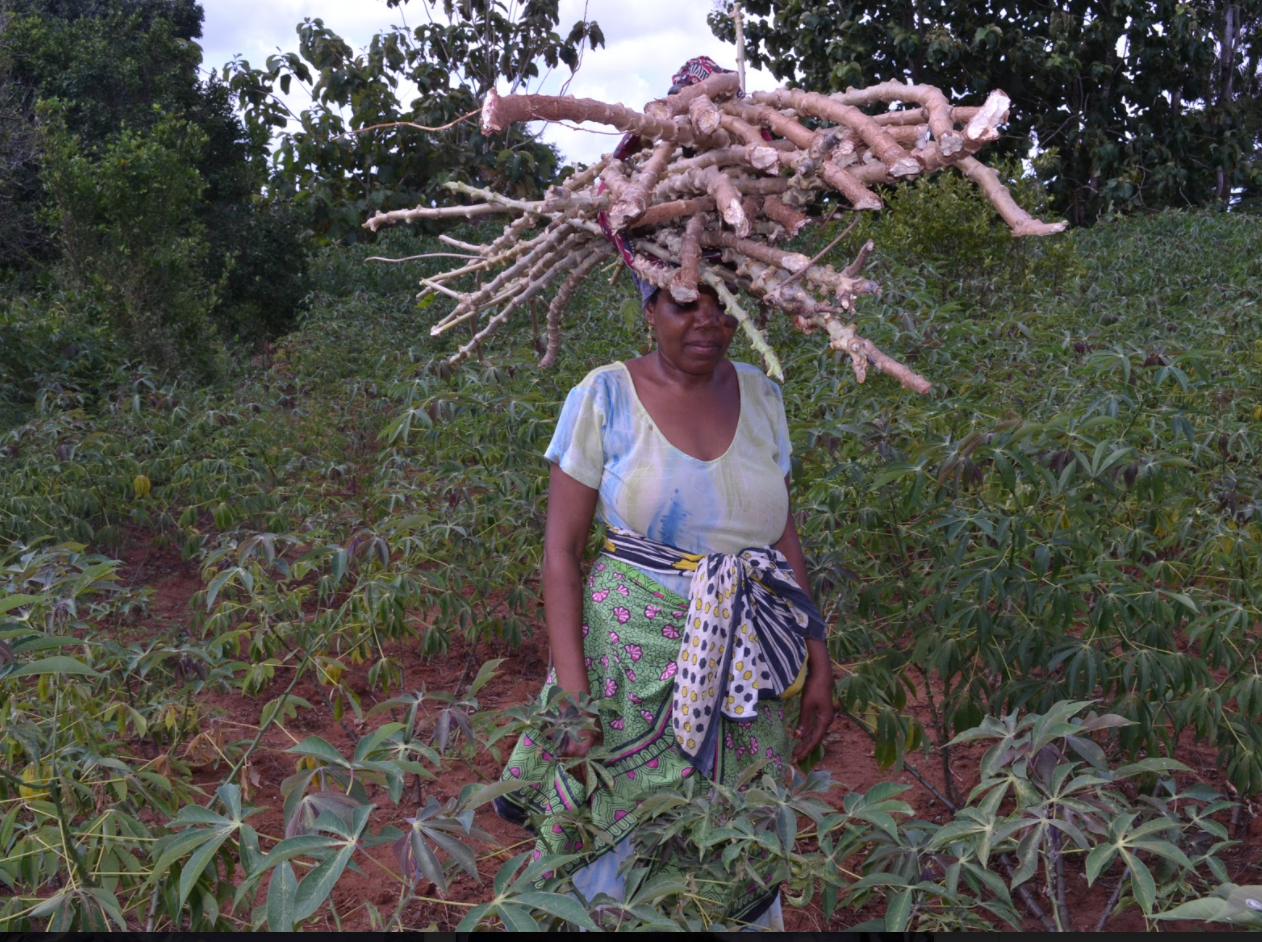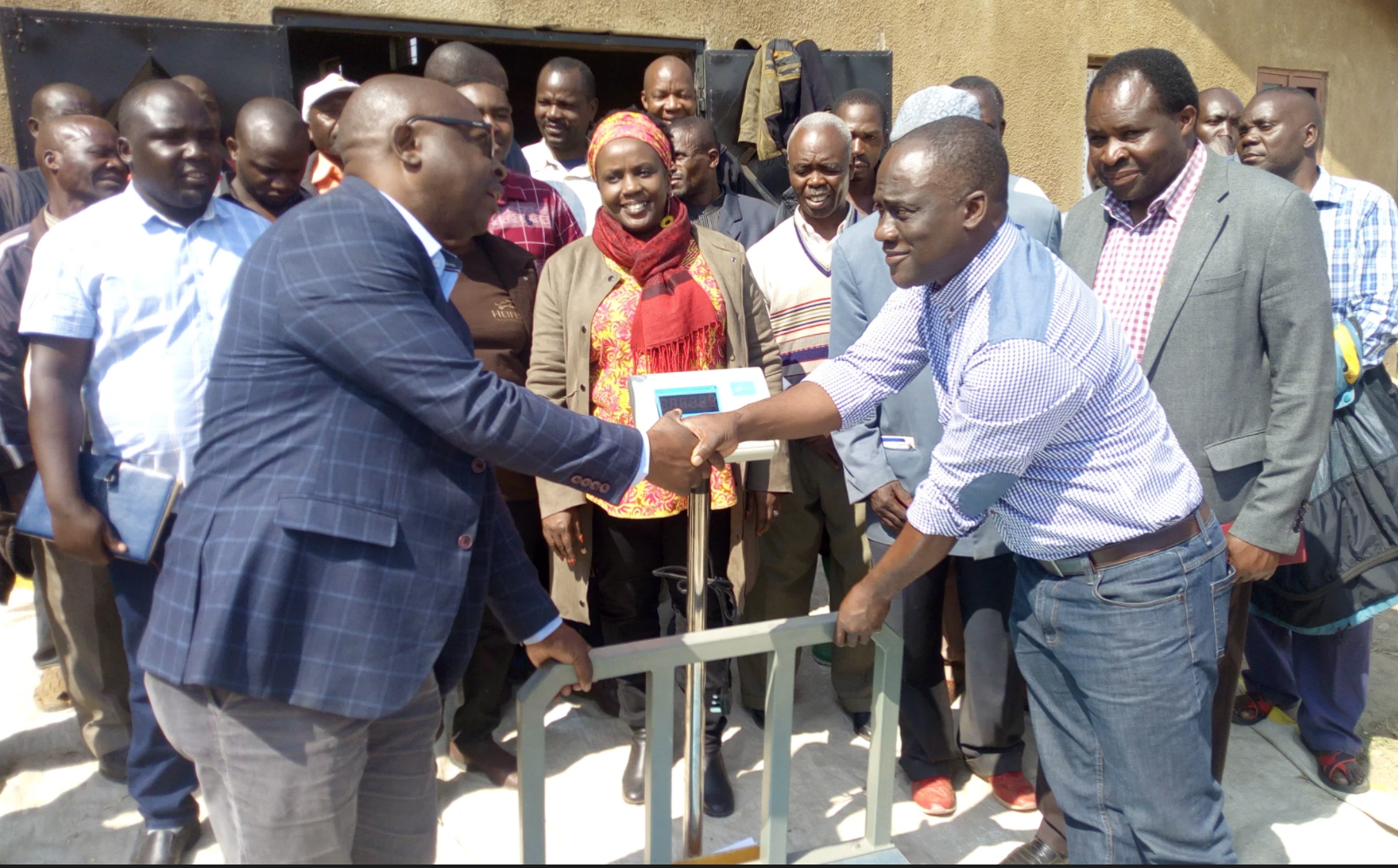TEMDO engineers praised for innovative machines to process various crops, including groundnuts, cassava, and grapes.
Tanzania’s Ministry of Agriculture is implementing a new strategy aimed at empowering sugarcane farmers to produce sugar, with the goal of expanding markets and benefiting farmers. The government is working to enable farmers to become sugar producers, which will increase the availability of sugar in the country and provide benefits for both farmers and employment opportunities.
According to Deputy Minister of Agriculture, Anthony Mavunde, who visited the Tanzania Engineering and Manufacturing Design Organization (TEMDO) in Arusha on February 4, 2023, in partnership with the Tanzania Sugar Board (SBT), they are creating machinery for a small sugar processing plant from sugarcane.
Through the machinery being developed, which is set to begin trials in June 2023, sugarcane farmers will have the ability to process 200 tons of sugarcane per day, which is equivalent to 20 tons of sugar. The government is focused on processing and adding value to agricultural products to increase employment, household income, and the overall economy.
TEMDO and other partners have developed these technologies to help the country move away from exporting raw products and importing processed goods from the same crops. These technologies will also help reduce foreign exchange expenditure due to the purchase of imported products.
Sugarcane farmers have faced challenges in finding a market for their crop, with large factories unable to handle their production. These small farmer-owned factories, which will be able to employ an average of 150 people per factory, will provide a significant solution in preventing sugarcane from going to waste in the fields.
Mavunde urged all crop boards under the Ministry of Agriculture to work closely with TEMDO to identify opportunities within their crops and find ways to use them for the benefit of farmers and the country as a whole. He also congratulated the engineers at TEMDO for creating machinery to process sunflowers, peanuts, cassava, cotton, and grapes, and urged them to continue innovating to solve various challenges facing small farmers and contribute to economic growth.


